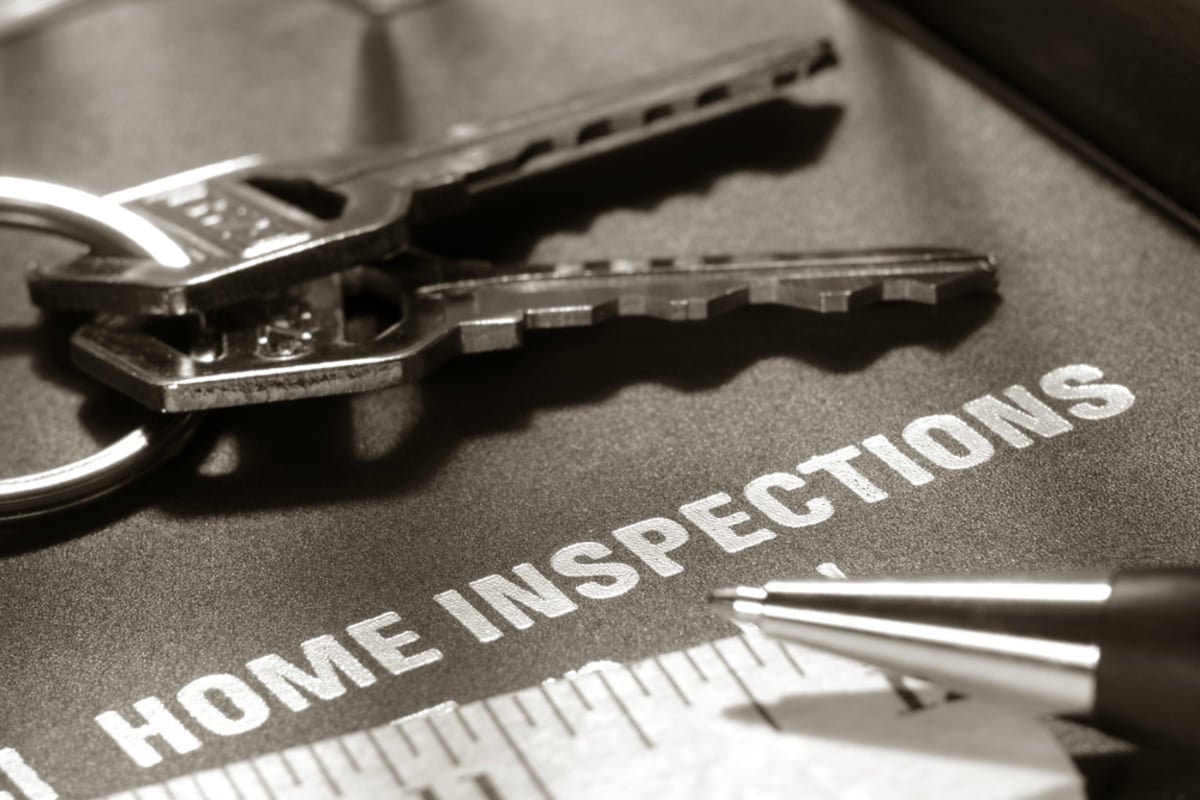Landlord 101: Why You Should Perform Background Checks
by Albert Fontenot
12/12/14

Are you new landlord here in Charleston? Did you accidentally happen into this gig… maybe by inheritance, maybe because you moved and haven't sold your old house, maybe because you saw an investment opportunity in Byrnes Downs that you just couldn't pass up?
However you got here, welcome!
You will find that being a landlord can be rewarding and profitable if you find good tenants, take care of your property, and are dedicated enough to keep an eye on the little details before they become big problems.
On the other hand, if you go about it the wrong way, being a landlord can be a colossal hassle that can easily turn into the worst that investment that you ever made.
Landlord 101 is a series of "Must-Do's" dedicated to helping you maximize your successes while helping you avoid some of the missteps that far too many landlords here in South Carolina make.
Must-Do #1: Perform a Background Check on Any Potential Tenant
The biggest thing you are looking for when you receive the results is a record of any prior evictions or any court actions involving them and any prior landlord/apartment complex. Although this service can cost you a few dollars, typically between $20-$50, please understand that this small expense is greatly outweighed by the knowledge you gain.
It may surprise you to know, for example, that some less-than-scrupulous individuals actually have become quite proficient in obtaining free rent. Take a look at how this happens to unsuspecting landlords in Charleston and across all of South Carolina every single day –
These malcontents purposely seek out owner-landlords who might only have one or just a few properties. Why? They know that these do-it-yourself landlords usually do not think that it is worth the expense of hiring a property management company or perform the aforementioned background check to screen potential tenants.
Most owner-landlords have no real system in place, and rely instead upon gut feelings. They take the tenant’s basic information, accept the deposit and first month's rent, and proceed from there. If they give it a thought at all, they assume that if there is any sort of issue at all that the court system is there to protect them and help them recover any losses.
That's how it works in theory. In practice, it goes a little bit differently.
Before too long, these "professional bad tenants" are late with their rent. The landlord gives them a few days, and when he finally gets a response, he is given a heartbreaking sob story about why the rent has been paid. Not wanting to be an unsympathetic bad guy (and remembering how long it takes to find tenants), the landlord gives the occupants some more time. Depending on how persuasive the tenants are, this can sometimes go on for a few months.

Eventually, the landlord realizes that he is just being played, and goes down to the Charleston County Magistrate's office located in North Charleston to file an Application for Eviction. In South Carolina, it cost $40 to file the application, and the entire two-part process takes approximately 20 days to complete, if there are no delays.
Here is the complication. South Carolina law states that a verbal rental agreement is just as valid as a written contract. So, if you have verbally agreed (or in writing or an e-mail) to give your tenant more time, you cannot file until the agreed-upon time has passed.
Scam artist tenants know the entire letter of the law.
After the initial filing, the tenant has up to 10 days to request a hearing. If they request a hearing, you will be heard when the court can find room on the docket schedule. After the hearing, the landlord has to file a second application called a Writ or Warrant of Ejectment, paying another filing fee. Even if the tenant did not request a hearing or lost the hearing, the process does not continue until the second application is filed.
When the Writ is granted, a constable must still serve the tenant. Until that service is made in person, the process does not continue. When the tenant has received notice, they have an additional five days to respond by paying what they owe or by vacating the premises.
If they have not responded within those five days, the landlord must call the Court to schedule a put-out date with a constable present. On that day, the landlord has to show up with the constable to take possession of the residence.
If there is any of the tenant's personal property still left behind, the landlord may not take possession of it. The County will store the abandoned personal property for a period of time to give the tenant an opportunity to retrieve it.
This procedure must be followed to the letter by the landlord. No matter how much money is owed, the aggrieved landlord cannot change the locks on the residence, turn off utilities, put the tenant's property out on the street, or physically try to force the tenants out. In fact, if the landlord tries any of these tactics, they can be held civilly and perhaps even criminally, responsible.
All of this information can be found in the South Carolina Residential Landlord and Tenant Act.
Later, the landlord can file (again!) an application in court to sue his ex-tenants in an attempt to recover the rent that was owed, any damages to the property, and for any rent lost due to non-occupancy while the property was being again readied for rental. None of this does much good if the tenant moves out of state or otherwise can't be located.
Meanwhile, the professional con artist tenant has received, in essence, several months of rent-free occupancy simply by refusing to pay and by dragging their feet to slow down the eviction process.
As described above, this can sound like an implausible horror story. Head down to the County Clerk's office, though, take a look at the public records, and you will see that variations on this exact same theme are all too common.
Even though it should be abundantly clear how necessary it is to perform background checks on any prospective tenants, the advice we've just given you still comes with a caveat – Be Realistic.
Most individuals who look to rent from you probably are not showing up with glittering credit scores in the 700's or the greatest income levels. That's not the sort of thing that you are really looking for with your background checks. If every renter had to be perfect, your property would always be vacant.
Again, what you want to concentrate on is a history of evictions and related court actions. Any pattern of this type of behavior, especially if it is recent, should be a red flag that gives you reason to deny their rental application.
Be encouraged, because there are wonderful tenants there. The way you find them is to carefully and judiciously weed out all of the bad ones.









